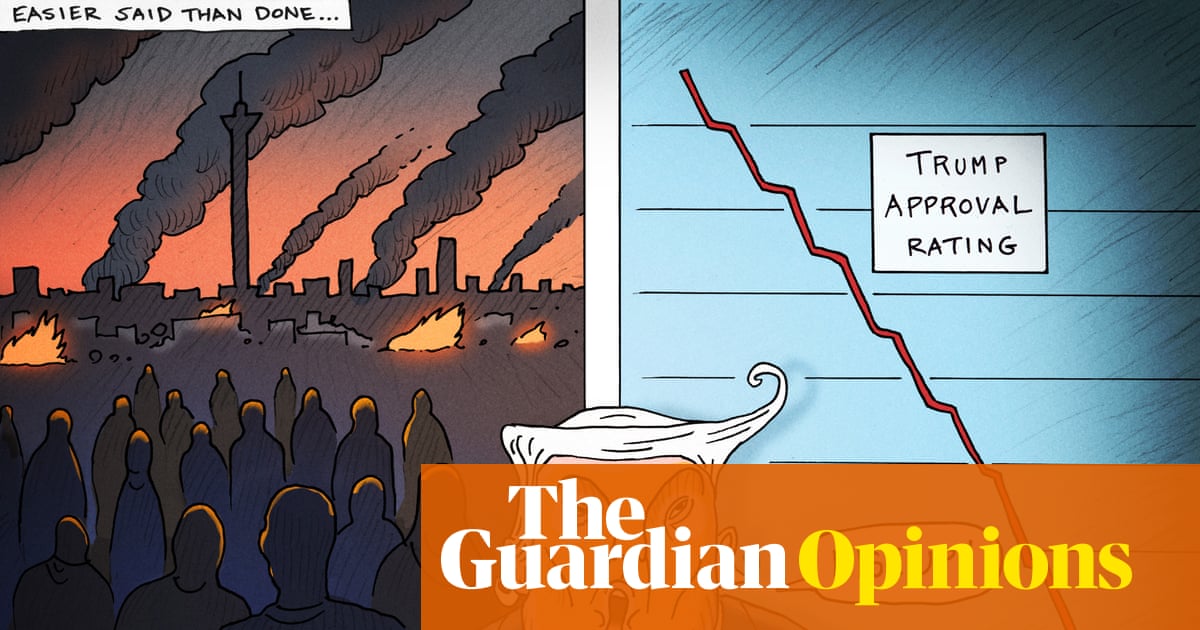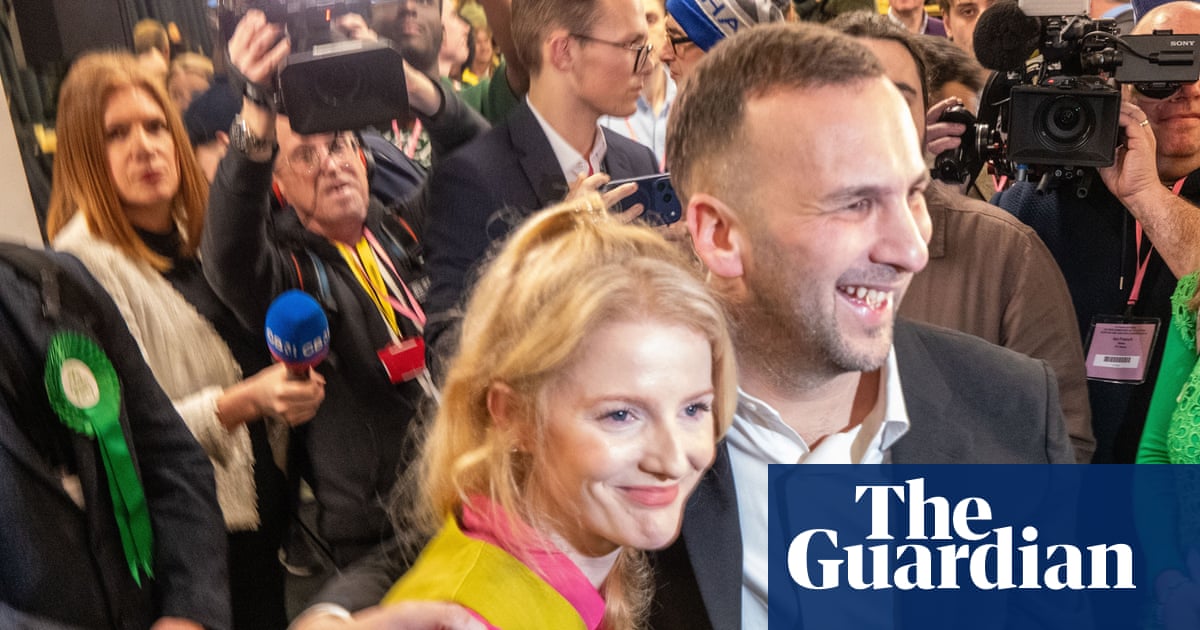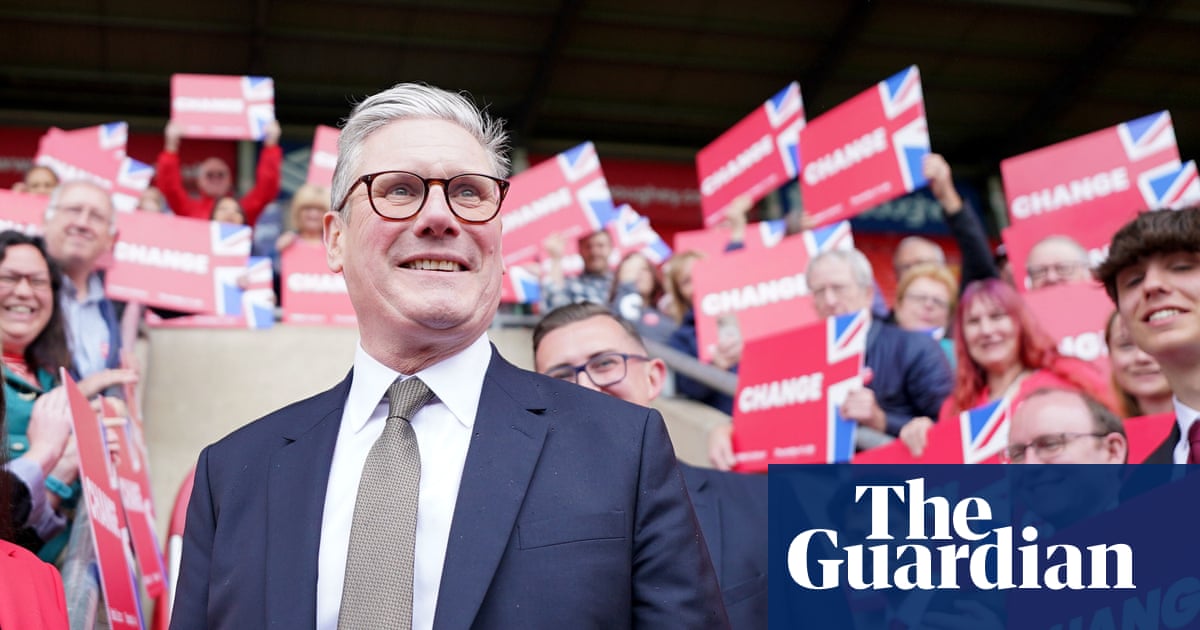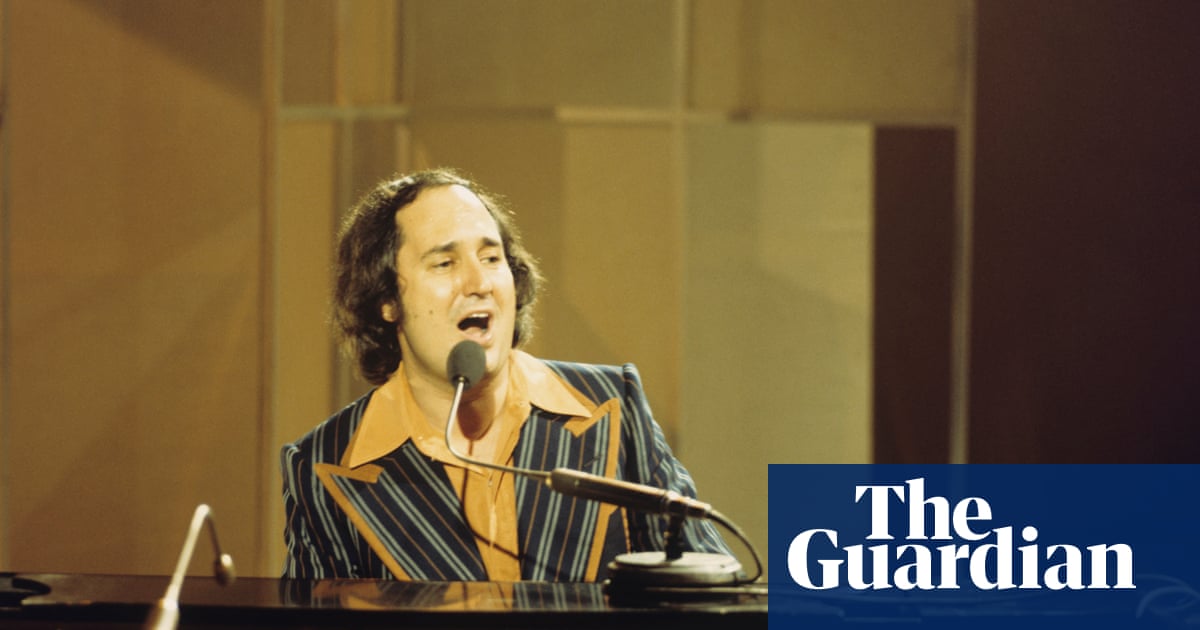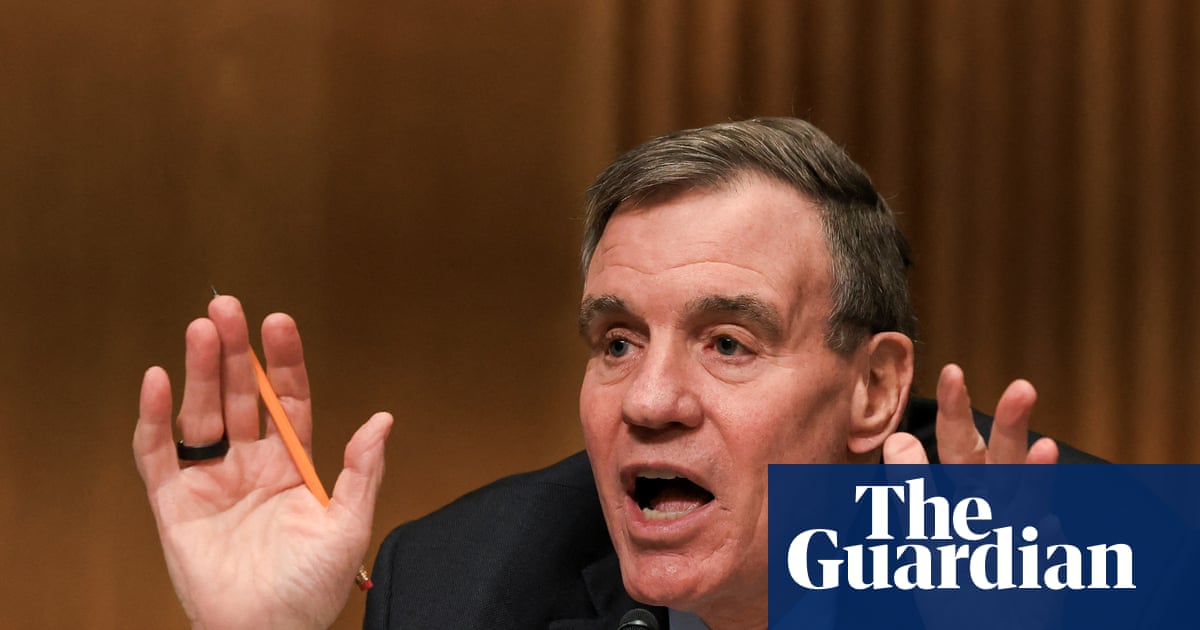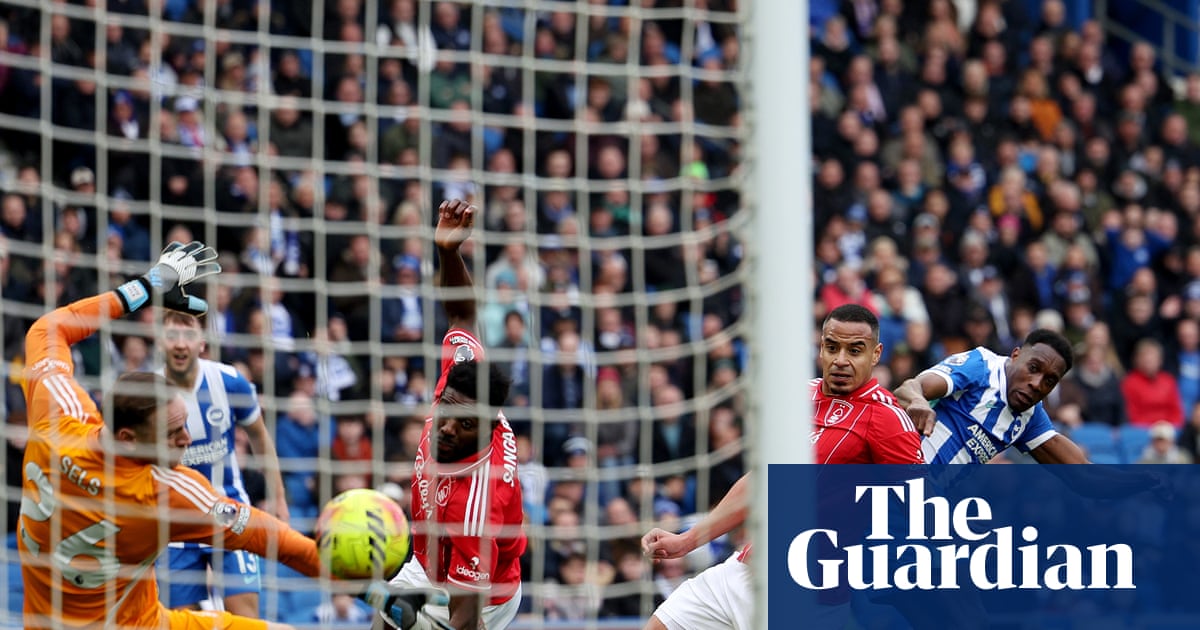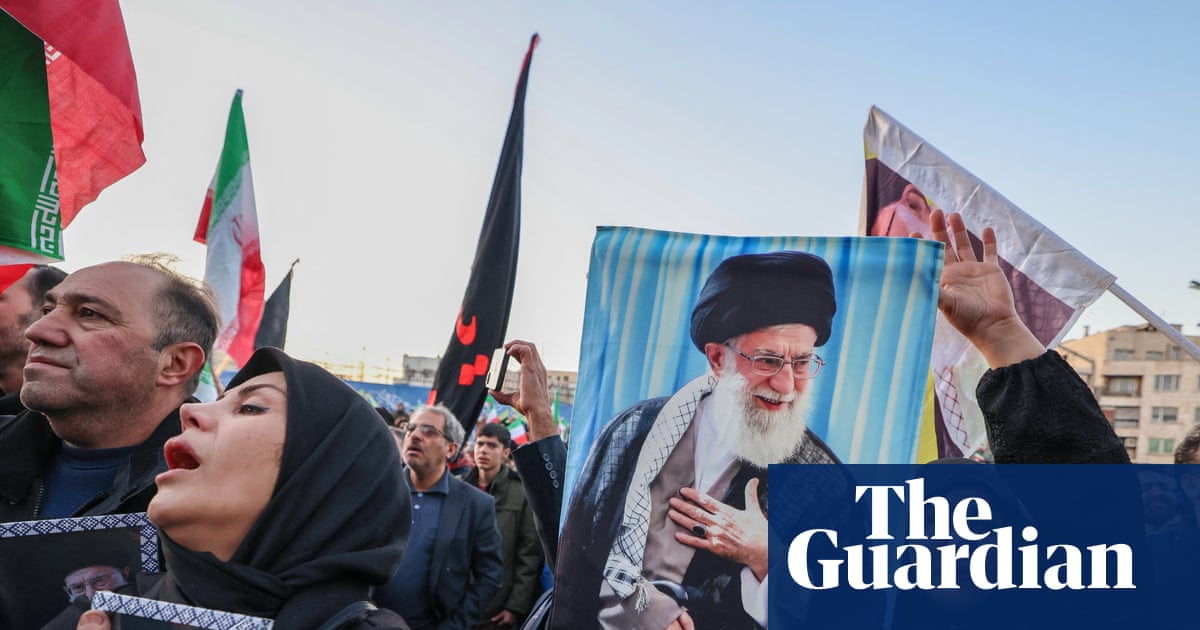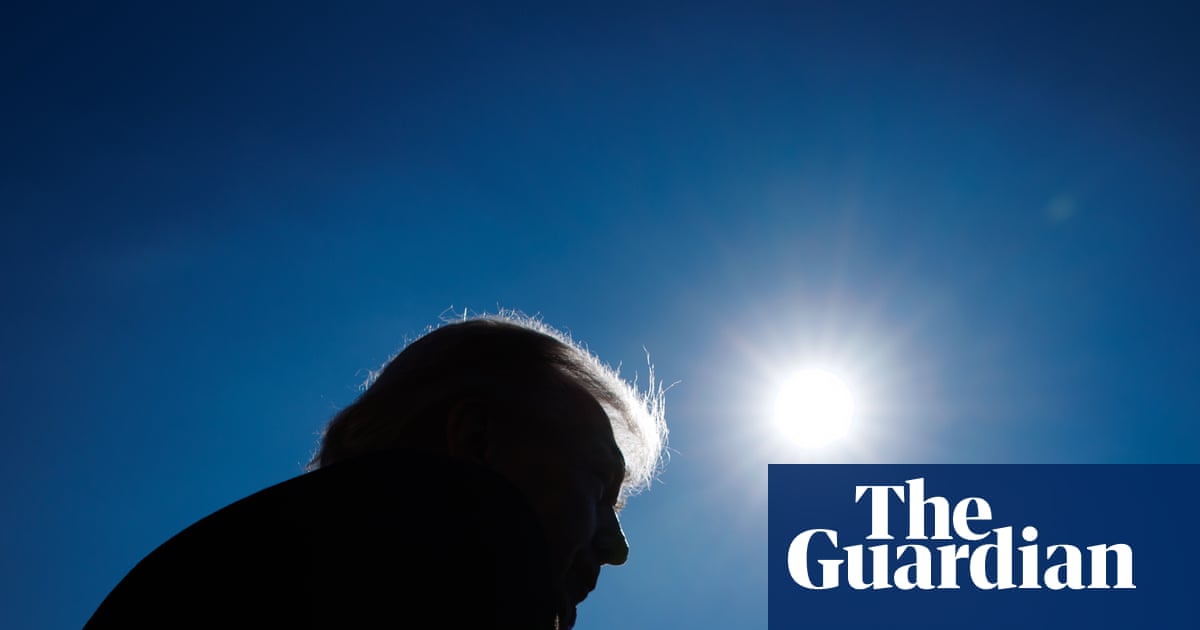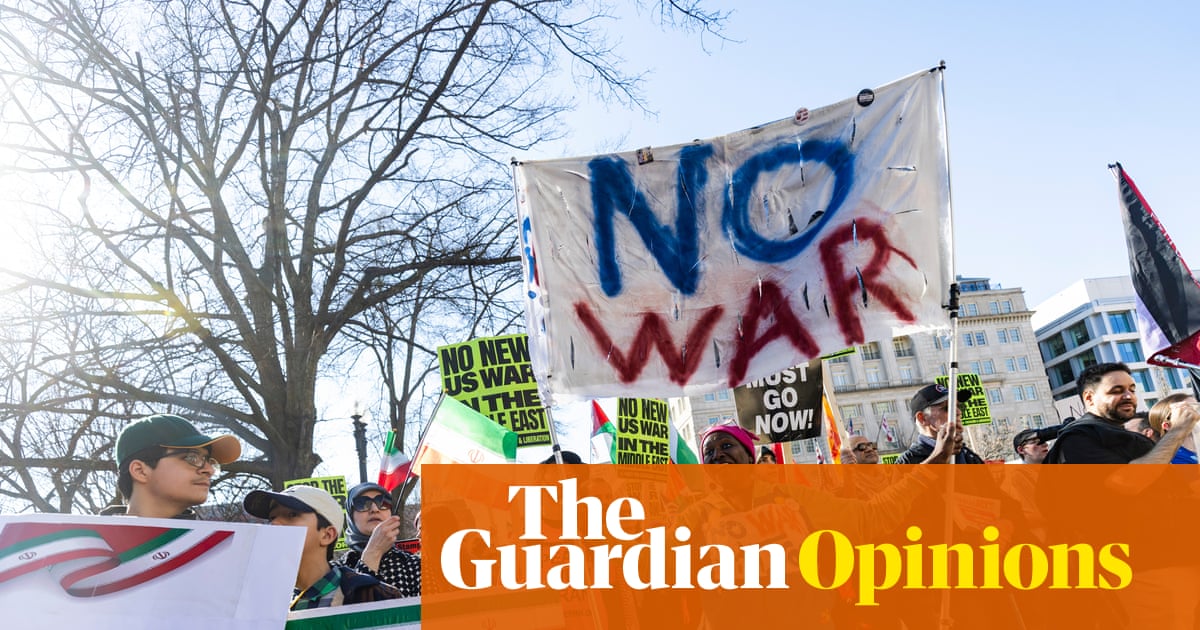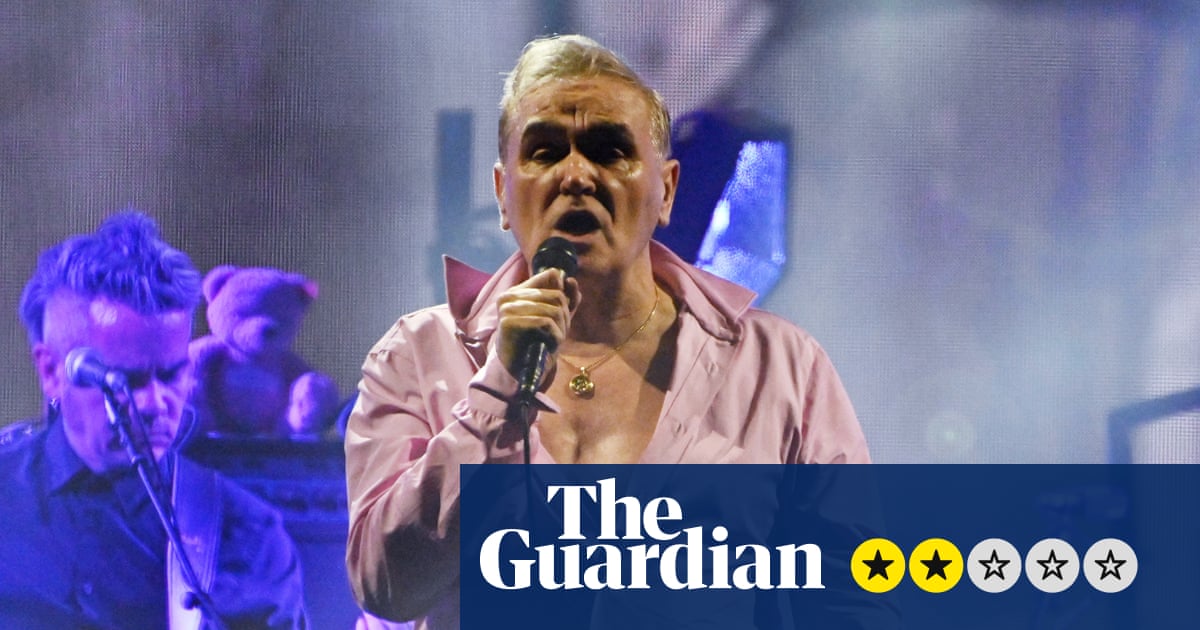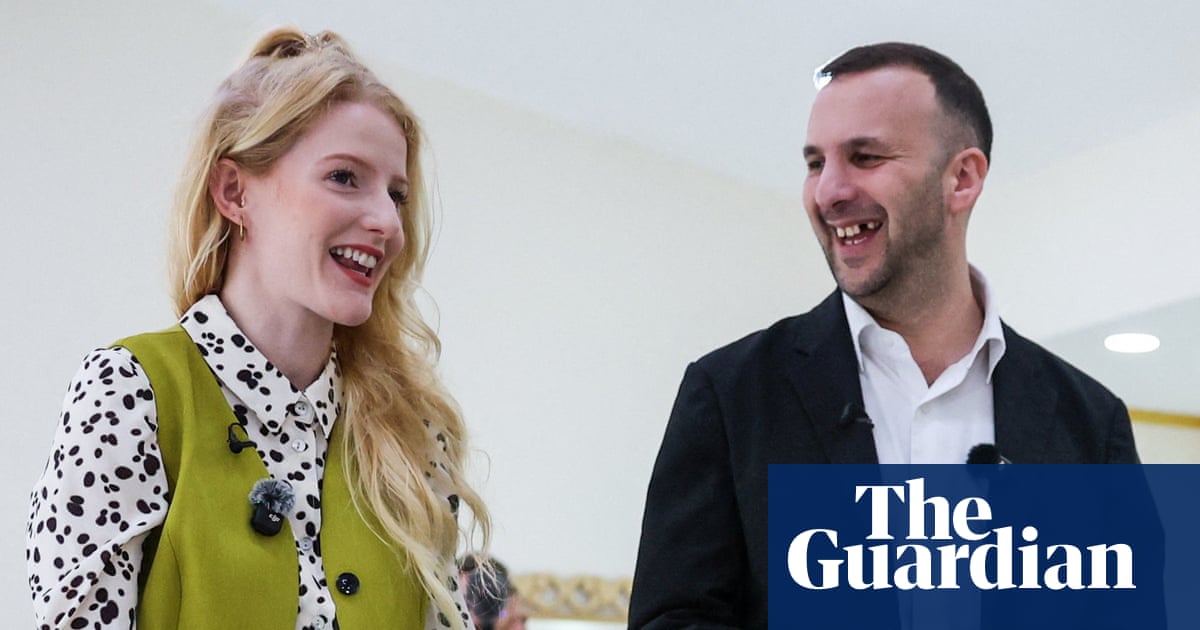I write these words to you from the jaws of hell. Here in my favourite north London cafe, among the bare lightbulbs and the £3.80 cinnamon buns, I take shelter from the screaming terrors of Sadiq Khan’s no-go hellscape. Toddlers in pushchairs scream for salvation. A Lime bike comes dangerously close to running a red light. Like the Roman, I see the Blackstock Road foaming with much blood, albeit from this distance it may actually be a discarded pastrami sandwich.
“Welcome to London, don’t forget your stab vest,” reads a proposed tube billboard for a brand of vodka being promoted by the comedian Ricky Gervais. Gervais is furious that Transport for London has rejected his advertising slogan, and rightly so, because this is the sort of generational wit that deserves the widest possible audience. It is, of course, the most minor of inconveniences that the design was never actually submitted to TfL and only ever existed for the benefit of social media. Because when it comes to the nation’s metropole, you can say pretty much whatever you want and someone, somewhere will believe it.
I have spent close to two decades travelling up and down the country covering football, and one of the most striking insights has been how openly disparaging people from outside London can be about it. London is perhaps the only place in England where you can tell people where you’re from, and instantly they feel empowered to inform you what a terrible place it is. Occasionally, your interlocutor will deploy the pre-emptive qualifying phrase “it’s a great city, but …”, before launching into a tirade about the traffic, or the cost of West End theatre tickets, or a dog turd their aunt once stepped in 1998.
Allied to this is the misguided idea that to be from London is to partake of some sort of category privilege, a place where life is effortlessly gilded and indulged. I met a Newcastle fan who assured me that there were three motorways connecting the capital with Brighton. I have met multiple people labouring under the impression (“no, seriously, look it up”) that London buses are free. Here in Sadiq Khan’s no-go hellscape, everything is too expensive and yet everything is endlessly subsidised: a kind of practical joke at the expense of everyone else.
And of course London condescension is a phenomenon as old as London itself. But in the social media age, where those with big platforms have long been able to create their own reality as they go along, this kind of myth-making has real-world consequences. It is why pollsters consistently find people saying London gets more than its fair share of public spending. It is why working-class Londoners, mostly clustered in safe Labour seats, are perhaps the most politically disenfranchised group of voters in Britain. And it is why Khan, one of the country’s mildest and most inoffensive politicians, is forced to travel with a similar level of 24-hour security to the king.
Witness the sheer desperation among rightwing agitators and certain parts of the media to fold Saturday’s horrific train attack in Cambridgeshire into a wider narrative. “Multiple stabbings on train north of London,” read a headline in the Financial Times (that was later changed). “I’ve had enough, Sadiq Khan and Keir Starmer,” fumes a presenter on TalkTV in response to an incident that took place closer to Lincolnshire than London.
In this respect, London seems to be part of a broader urban obsession among the global right, one in which the city itself is recast as a malign, seditious entity, a cesspit of violence and vice. The Trump administration’s deployment of federal forces in Democratic-run cities has been billed as a war against “invasion from within”. The German chancellor, Friedrich Merz, has made the Stadtbild (cityscape) a major plank of his strategy of mass deportations, an intentionally vague phrase designed to evoke fear of immigrants without referencing them directly.
And of course to the rightwing demagogue, the demonisation of the city is often little more than a convenient vehicle for airing baser, more impolite grievances. When Nigel Farage referred to London, Birmingham and Manchester in 2022 as “minority-white cities” – wrongly, as it turned out – he was simply saying out loud the part that the right has long been content to leave as subtext. Anti-urbanism has long been a first cousin of white supremacy, each feeding into the other, the idea that there is an “authentic” homeland – the bits outside the city – of which the city itself is a kind of betrayal.
This is not an argument that can really be won with facts and figures. It makes no odds to point out that, according to the Office for National Statistics, knife crime in London rose by only 1% in the last year, compared with 19% in Dorset, 31% in North Yorkshire and 51% in Suffolk. Or that violent crime in Washington DC was at a 30-year-low when Trump chose to unleash the national guard, or that there is only one motorway to Brighton. What the anti-urbanites find distasteful about cities – often while living in those very same cities – is so rarely a genuine concern for economic inequality or law and order.
Rather, it helps to see rightwing populism as an attempt to process an increasingly complex world in increasingly simple terms. Cities, by contrast, are messy places: places of fluidity and freedom and possibility, places of chaos and collaboration and conflict. And sometimes they work and sometimes they don’t, but we embrace them nonetheless because in their forced intimacy, in their inexorable flow of ideas and influences and cuisines, they are the fullest expression of what it is to be human.
after newsletter promotion
Despite the pandemic, the cost of living crisis and the best efforts of lads with flag bios on X, the percentage of the UK population living in urban areas is still growing at about 1% a year. And so to wish the city away, to dream of cleansing or restoring it to a fictional state of authenticity, is ultimately as futile as separating the cake back into its constituent ingredients. So get stuck in traffic. Date someone from a different race. Eat all the food. Lose yourself in Sadiq’s no-go hellscape. As it ever was, and always will be, the greatest advocate for the city will be the city itself.
-
Jonathan Liew is a Guardian columnist

.png) 3 months ago
121
3 months ago
121

